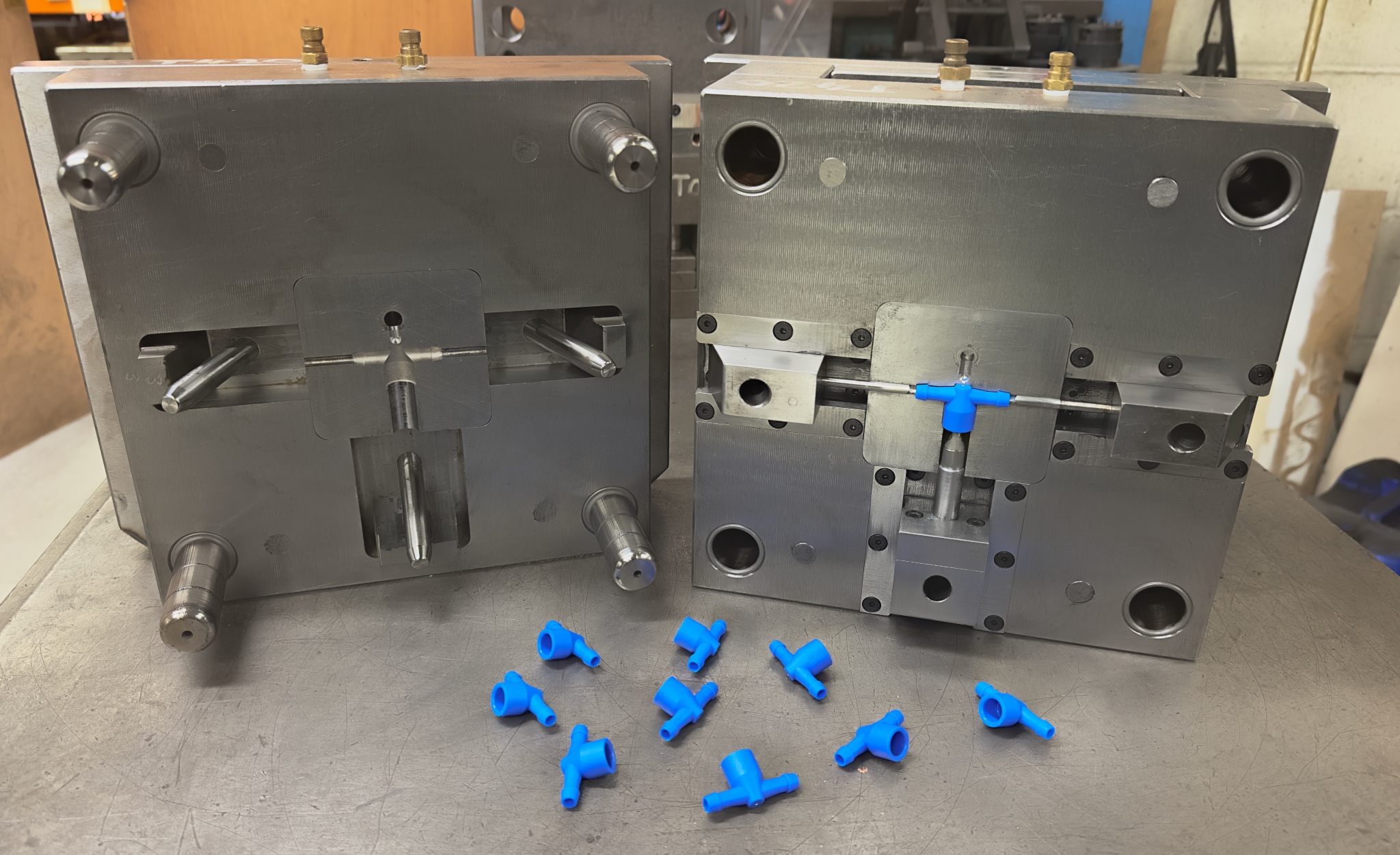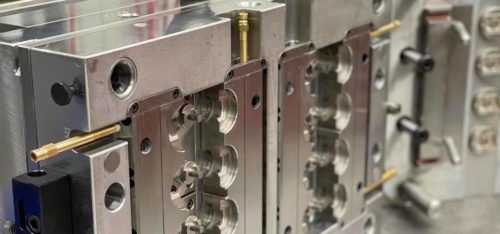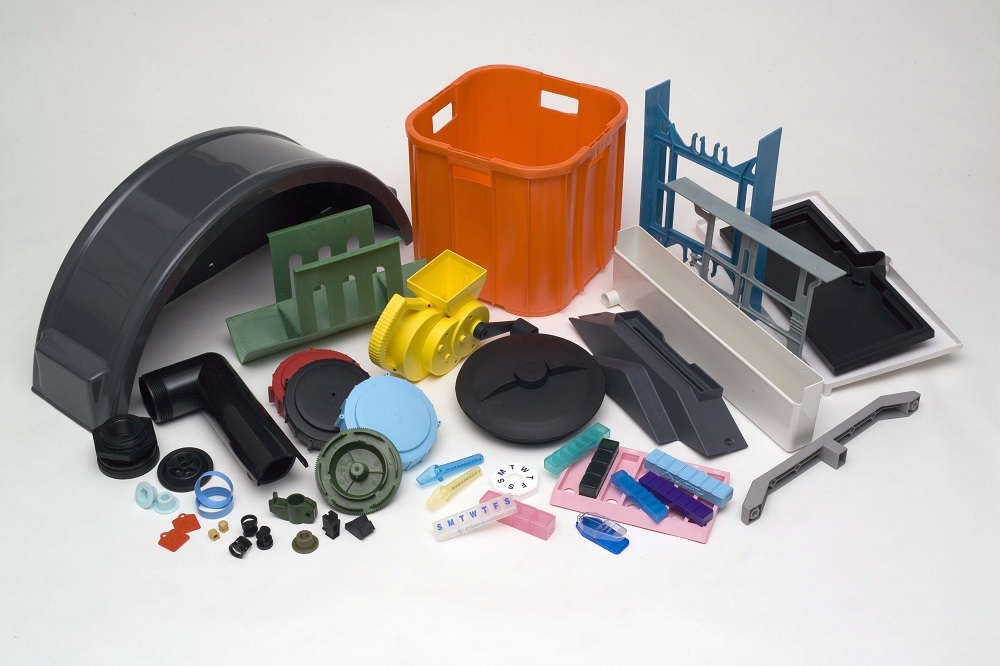

Injection Mold Manufacturer
Choosing the Right Injection Mold
Manufacturer: A Complete Guide
In the fast-paced world of manufacturing, partnering with a reliable injection
mold manufacturer is vital to achieving consistent product quality, reduced
time to market, and cost-effective production. Whether you're launching a new
product or scaling an existing one, your mold manufacturer plays a critical
role in turning designs into precision-engineered plastic components.
In this blog, we explore what an injection mold manufacturer does, the
key services they offer, essential specifications, and how to choose the right
partner for your business. We also include FAQs to answer the most common
questions companies have when sourcing molds.
What Does an Injection Mold
Manufacturer Do?
An injection mold manufacturer specializes in designing,
engineering, and fabricating high-precision tooling (molds) used in the plastic
injection moulding process. These molds are custom-built to produce plastic
parts by injecting molten polymer into a cavity, which then cools and
solidifies into the desired shape.
Injection mold manufacturers work closely with product designers and
engineers to develop robust tooling solutions that ensure high-volume,
defect-free production.
Key Services Offered by Injection Mold
Manufacturers
A reputable injection mold manufacturer typically provides a wide range
of services, including:
1. Mold Design & Engineering
Advanced CAD/CAM software is used to design the mold based on the product
geometry, material requirements, and production goals.
2. Tooling Fabrication
Precision machining techniques such as CNC milling, EDM (Electrical
Discharge Machining), and grinding are used to manufacture mold components.
3. Mold Testing & Validation
Molds are tested through trial runs to ensure proper function, accurate
dimensions, and absence of defects like short shots or flashing.
4. Maintenance & Repairs
Mold manufacturers also offer ongoing support for tool maintenance,
repairs, and refurbishing to extend mold lifespan.
5. Prototype & Production Tooling
Depending on project needs, manufacturers can create both rapid prototype
molds (usually aluminum) and durable production molds (typically hardened
steel).
Technical Specifications of a
High-Quality Injection Mold Manufacturer
Below is a list of key specifications and capabilities to look for when
choosing an injection mold manufacturer:
|
Specification |
Typical Values or Description |
|
Mold Materials |
P20, H13, S136 steel, aluminum (for prototype) |
|
Mold Life |
100,000 to over 1 million cycles |
|
Max Mold Size |
Up to 1500mm x 1000mm (varies by shop capability) |
|
Tolerance Precision |
±0.01 mm to ±0.05 mm |
|
Supported Polymers |
ABS, PP, PC, PA, POM, TPE, PEEK, etc. |
|
Number of Cavities |
Single, Multi-cavity (2, 4, 8, 16, 32+) |
|
Surface Finish Options |
SPI (A1 to D3), EDM texture, VDI, custom grain finishes |
|
CAD Software Used |
SolidWorks, NX, CATIA, AutoCAD, Moldflow |
|
Certifications |
ISO 9001, ISO 13485, IATF 16949 (for automotive/medical) |
Benefits of Partnering with a
Professional Mold Manufacturer
Partnering with the right mold manufacturer provides long-term value and
operational efficiency. Here's why it matters:
1. Precision & Consistency
Expert manufacturers ensure your molds produce accurate and repeatable
parts over thousands—or even millions—of cycles.
2. Reduced Downtime
Quality tooling reduces the risk of production stoppages due to flash,
warping, or ejection issues.
3. Cost Efficiency
Well-designed molds decrease scrap rates and reduce material wastage,
directly impacting your bottom line.
4. Faster Time to Market
Skilled manufacturers can accelerate design iterations, prototyping, and
production tooling to help you launch products faster.
5. Expert Support
From design to post-production, experienced manufacturers provide
guidance on part geometry, material selection, and mold design optimization.
Industries Served by Injection Mold
Manufacturers
Injection mold manufacturers serve a wide variety of sectors that demand
high-quality plastic parts:
- Automotive – Lighting
housings, air ducts, dashboard parts, under-hood components.
- Medical – Surgical
tools, housings for diagnostic devices, syringes, implantable components.
- Consumer Goods – Kitchen
appliances, packaging caps, electronic enclosures, toys.
- Aerospace – Lightweight
structural plastic components and housings.
- Industrial
Equipment – Electrical enclosures, machine handles, sensor housings.
Their expertise allows them to meet regulatory requirements, such as FDA
or ISO compliance, depending on industry needs.
How to Choose the Right Injection Mold
Manufacturer
When evaluating potential injection mold manufacturers, consider the
following criteria:
1. Experience and Industry Expertise
Choose a manufacturer with a proven track record in your industry or with
similar product types.
2. In-House Capabilities
A full-service facility with in-house design, machining, and testing
ensures better control over timelines and quality.
3. Tooling Quality and Materials
Verify the types of steel and processes used for mold fabrication.
High-grade materials increase tool life and reduce maintenance needs.
4. Customer Support &
Communication
Transparent, responsive communication is essential for project success,
especially during design iterations.
5. After-Sales Services
Look for manufacturers offering mold maintenance, repair, and
modification support post-delivery.
FAQs About Injection Mold
Manufacturers
Q1. What is the typical lead time for
mold manufacturing?
A: It depends on complexity. Simple molds can be ready in 3–6 weeks, while
complex or multi-cavity tools may take 8–12 weeks.
Q2. How long does a mold last?
A: Mold life varies based on material and usage. Aluminum molds may last
10,000–50,000 cycles, while hardened steel molds can exceed 1 million cycles.
Q3. Can I request modifications to an
existing mold?
A: Yes, most manufacturers offer mold modification services if the part
design changes or new features are added.
Q4. Is it better to manufacture molds
domestically or overseas?
A: Domestic manufacturing may offer faster communication and better quality
control, while overseas options (e.g., in China) can be more cost-effective but
require strong vendor management.
Q5. What file formats do manufacturers
accept for mold design?
A: Common formats include STEP (.step/.stp), IGES (.iges/.igs), STL, DWG,
and native formats like SLDPRT or NX.
Final Thoughts
Selecting the right injection mold manufacturer can make or break
your product development timeline and production quality. A capable partner
will bring technical expertise, quality tooling, and dependable support to
ensure your product performs as intended.
Whether you're developing a single prototype or
launching a high-volume consumer product, taking the time to evaluate mold
manufacturers carefully is a smart investment in your product's success.



